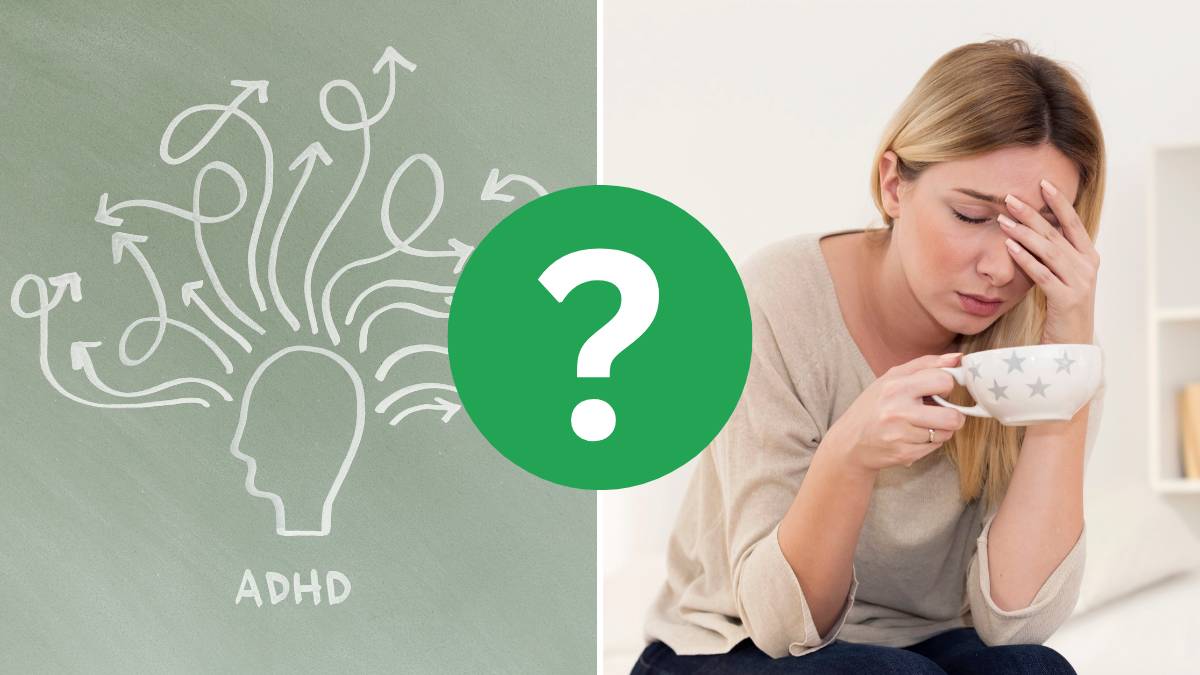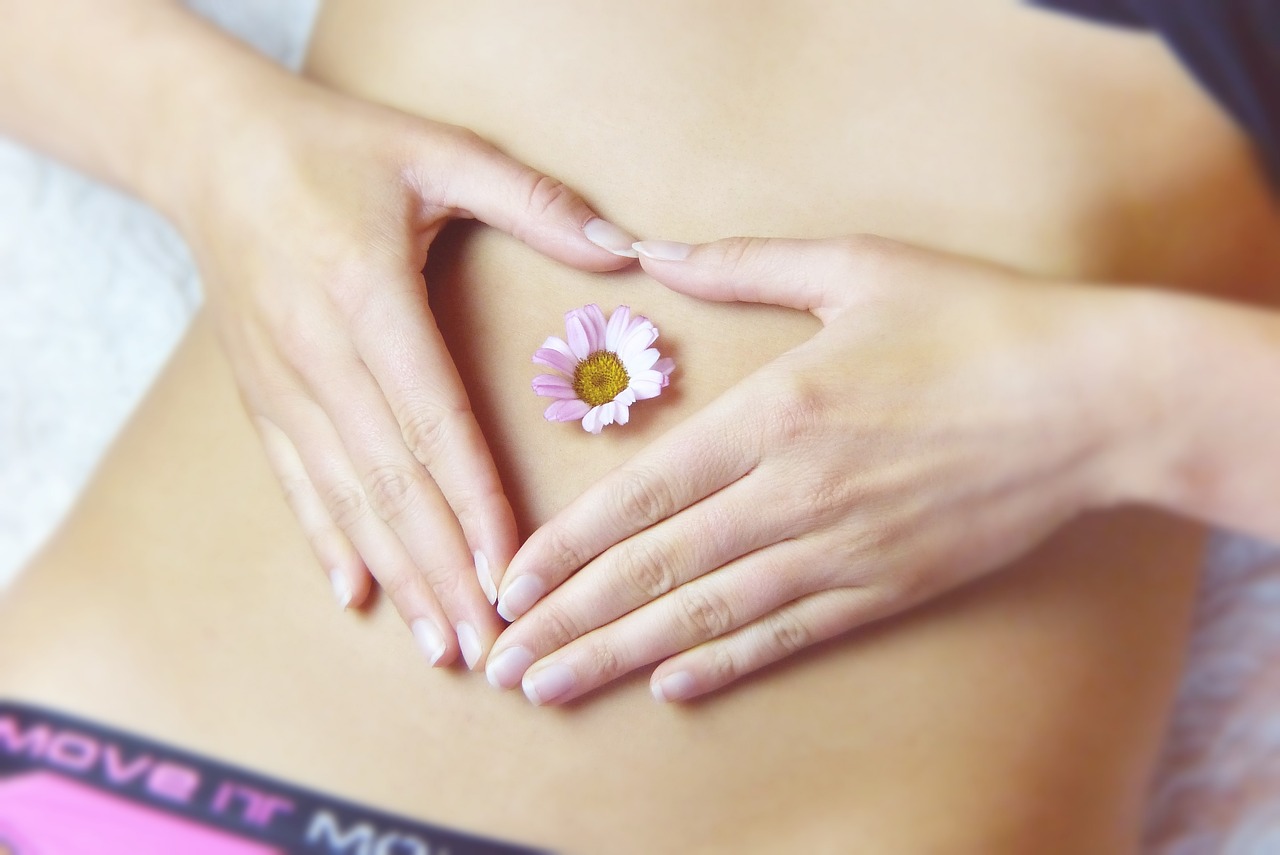
Pre-menstrual Dysphoric Disorder (PMDD) is a severe type of premenstrual syndrome. It is characterised by moderate to severe affective and behavioural symptoms, that occur post ovulation and peak in the luteal phase of the menstrual cycle, becoming minimal or absent at the onset of menstruation[i]. PMDD is believed to affect 3-8%[ii] of women worldwide. Diagnostic criteria: […]
Changes in appetite before your period?
Have you noticed a change in your appetite in relation to where you are with regards to your menstrual cycle? Research shows that intake of food, as well as cravings for specific foods, can vary across the menstrual cycle. This is largely due to cyclical variations in ovarian hormones such as oestrodiol and progesterone, which […]
ADHD & PMDD – Is there a connection?
Yes! Research shows that the prevalence of PMDD is significantly higher in women with ADHD, compared to women without (approx. 10 fold!). Most women who have ADHD & PMDD, know that PMDD symptoms can make ADHD symptoms worse; these include symptoms associated with focus and concentration which often aggravate in the lead up to menstruation. […]
How can I increase my progesterone naturally?
Increasing progesterone can be done in many ways. From a naturopathic perspective, ensuring the building blocks for making progesterone are fun in the diet is important, however examining social bonds is by far the most interesting way of increasing progesterone I’ve come across. To understand this concept we first need to learn about oxytocin. Oxytocin […]
Light therapy for premenstrual dysphoric disorder (PMDD)
There is something truly magnificent about feeling the warmth of the sun on your skin, hence it comes to no surprise that exposure to light has been shown to be incredibly important for improving mood and general well-being. Light exposure has been extensively studied in relation to reducing depressive symptoms, particularly related to seasonal affective […]
PMDD: PMS on steroids
Premenstrual syndrome more commonly referred to as ‘PMS’ is a common complaint encountered by women of reproductive age each month. More than 150 different signs and symptoms have been reported, and include a range of pyschological, physical & behavioural signs and symptoms. For a diagnosis of PMS to be made, symptoms need to begin in […]
